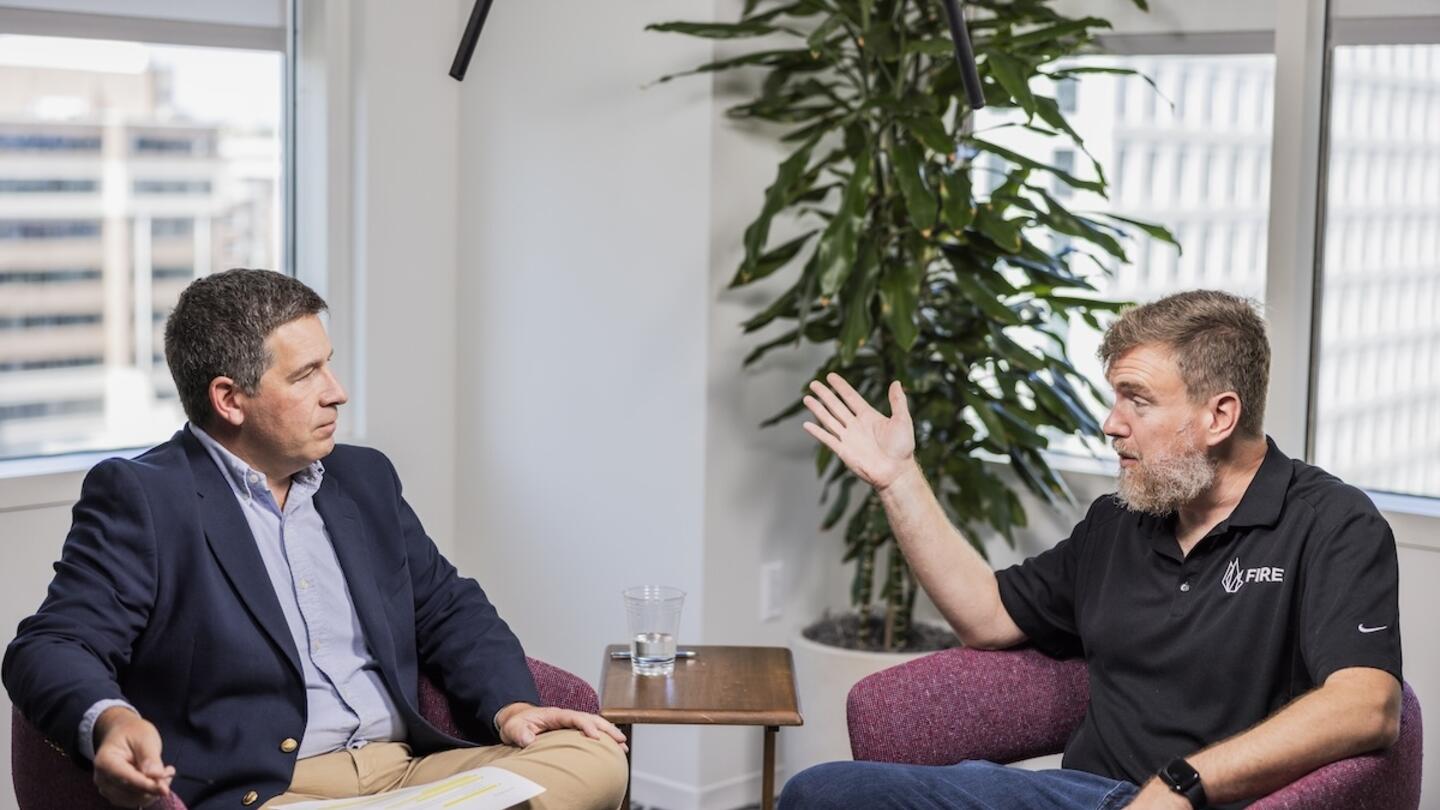Civil discourse is at the heart of a strong and thriving society. It gives people a way to share their ideas, listen to different viewpoints, and work together to solve problems. In a free and open society, progress happens when individuals — not governments or central authorities — exchange ideas and challenge each other in a respectful way. By encouraging open conversations, civil discourse helps bridge divides, turning conflict into understanding and disagreement into opportunities for learning.
Free speech is an inalienable right, essential for change. Throughout history, movements like abolition and women’s suffrage succeeded because people could challenge ideas and advocate freely. Yet today, social and political pressures often silence voices, blocking innovation and progress.
Rather than suppressing speech, open societies welcome debate, knowing truth emerges through challenge. Silencing unpopular views doesn’t just hurt individuals — it prevents society from discovering better ways forward.
What is civil discourse?
Civil discourse is the open, respectful exchange of ideas. It allows individuals to listen, challenge assumptions, and find common ground without resorting to hostility or coercion. By fostering dialogue, it helps bridge divides through collaboration, uncovering solutions that wouldn’t be possible in a society controlled from the top down
At its core, civil discourse is about more than just being polite. It’s about openness, mutual benefit, and problem-solving. When people take the time to listen and share, they don’t just express their own views; they also learn from others.
When practiced effectively, civil discourse leads to progress in several key ways:
Encourages better understanding
Civil discourse encourages better understanding by creating space for people to share their experiences and challenge assumptions. When individuals engage in open discussion, they see issues from new perspectives, which fosters empathy and reduces misunderstandings. This deeper understanding leads to more thoughtful conversations and stronger, solution-focused relationships.
Heal America is a nationwide movement founded by Bishop Omar Jahwar. It aims to address social injustices through peace, love, and healing. By fostering open dialogues between communities and law enforcement, it seeks to build mutual understanding and empathy. Looking ahead, Heal America plans to expand its reach by empowering local leaders to drive positive change in their communities through shared understanding and civil conversations.
Strengthens critical thinking and problem-solving
Civil communication encourages people to question ideas, consider different perspectives, and think for themselves. Instead of accepting opinions at face value, engaging in open discussions helps individuals analyze arguments, recognize biases, and refine their own viewpoints. This process strengthens critical thinking, allowing people to make better decisions and contribute to meaningful solutions.
The Foundation for Individual Rights and Expression (FIRE) defends free speech and individual rights on college campuses. By protecting open debate, FIRE helps students engage with opposing viewpoints, challenge assumptions, and think critically about complex issues. FIRE aims to expand its efforts, ensuring more students develop strong critical thinking skills through open dialogue and debate
Sign up for the Stand Together newsletter and get stories, ideas, and advice from changemakers to help you tackle America’s biggest problems.
Bridges political divides
Civil discourse turns political disagreements into opportunities for collaboration. Instead of deepening divisions, open conversation helps people move beyond labels and stereotypes to find common ground. By focusing on shared values rather than party lines, individuals can discuss tough issues with respect and curiosity. Challenging ideas without hostility leads to mutually beneficial solutions, fostering a society where political differences don’t have to mean constant conflict.
The Bridging Divides Initiative (BDI) at Princeton University is a research program focused on identifying and mitigating political violence in the United States. By analyzing data on political conflicts and providing resources like de-escalation guides, BDI encourages civil discourse to bridge political divides. For example, BDI's Threats and Harassment Data project, in partnership with the Anti-Defamation League, offers insights into how threats impact local democracy.
Encourages civil communication through open dialogue
Civil discourse is crucial in times of division. When people stay in their ideological groups, they block the exchange of ideas that drive progress. Instead of seeking truth, they focus on winning. Real progress happens when individuals respect each other’s dignity, engage as equals, and exchange ideas — ensuring every voice is heard, not silenced by top-down control.
Narrative 4 is a global network of students, educators, and artists that use storytelling to build empathy and bridge divides. Through its Story Exchange program, participants pair up to share personal stories and then retell their partner’s story in the first person. Rather than forcing people to agree, these programs create an environment where individuals can understand and respect each other, even when they see the world differently.
How to build a culture of civil discourse
A culture that values civil discourse doesn’t happen by accident. It requires individuals and organizations to commit to openness, mutual benefit, and a belief in people’s ability to contribute.
Here are four ways to help make that happen:
- Listen actively: Instead of preparing a rebuttal while someone else is speaking, focus on truly hearing and understanding their perspective.
- Ask good questions: Encourage deeper discussion by asking thoughtful, open-ended questions rather than assuming you already have all the answers.
- Respect differences: Not every disagreement needs to be “won.” Recognizing that different perspectives exist helps individuals find mutually beneficial solutions.
- Seek knowledge: A commitment to lifelong learning, especially about perspectives different from your own, enables better conversations and problem-solving.
By fostering these habits, individuals can help create an environment where ideas compete freely, and the best solutions rise to the top.
Protecting civil liberties while bridging divides
For civil discourse to thrive, societies must protect free speech, the rule of law, and equal rights. These freedoms allow people to engage in open conversations, share ideas, and solve problems from the bottom up. History shows that progress slows when debate is silenced; no single person or authority has all the answers.
True progress happens when individuals challenge assumptions, exchange ideas, and find solutions together. By embracing openness, mutual benefit, and respect for others, people can bridge divides and create lasting change.
More about the importance of civil discourse in bridging divides
- Real change happens through civil discourse. Irshad Manji’s 5-step formula for overcoming division teaches you how to embrace diverse perspectives.
- Learn how One America Movement brings people of different faiths and backgrounds together through civil dialogue.
- These three tips can help you talk about divisive issues during the holidays.
The Stand Together community partners with changemakers who are tackling the root causes of America's biggest problems.
Learn more about Stand Together’s free speech efforts and explore ways you can partner with us.
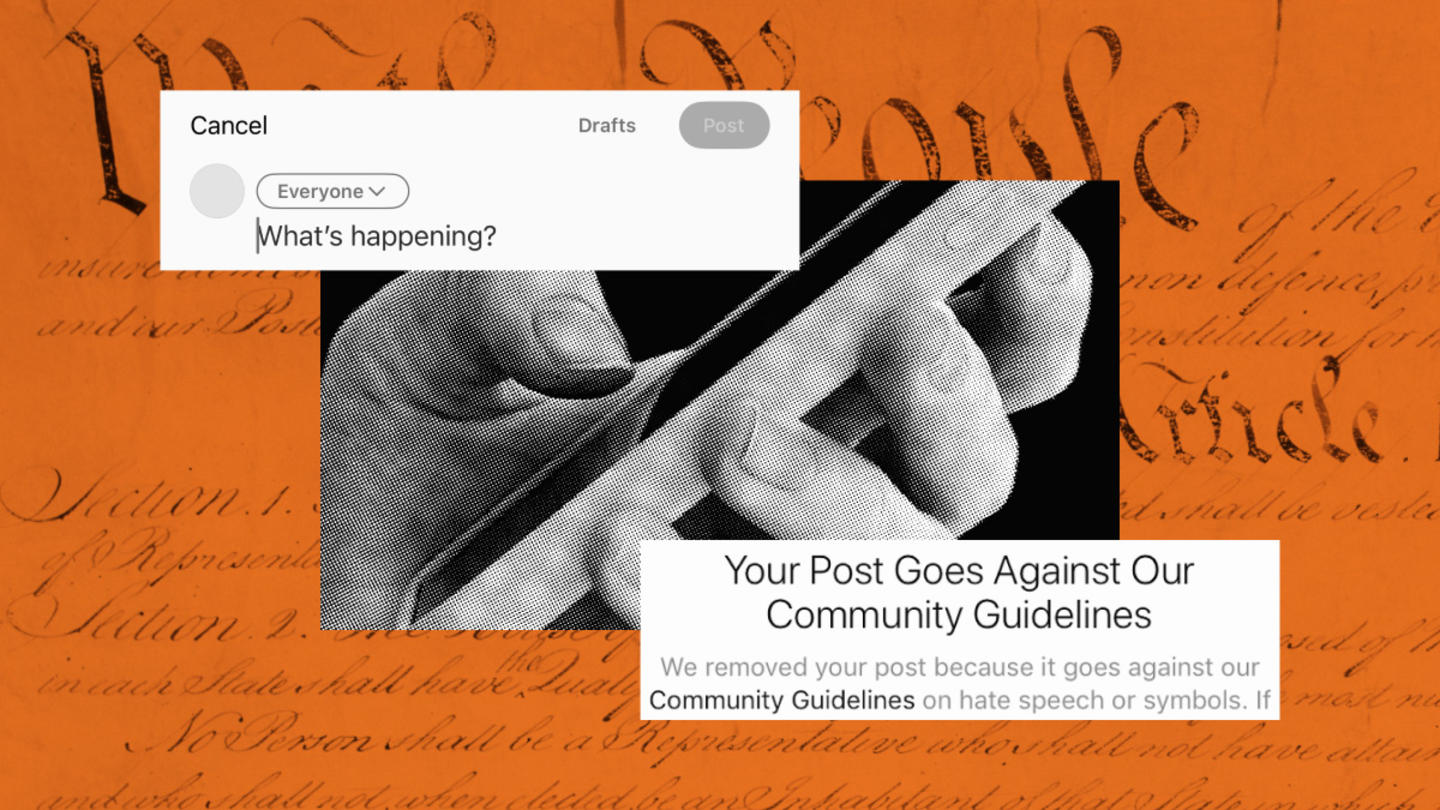
Here's why users should moderate social platforms themselves.
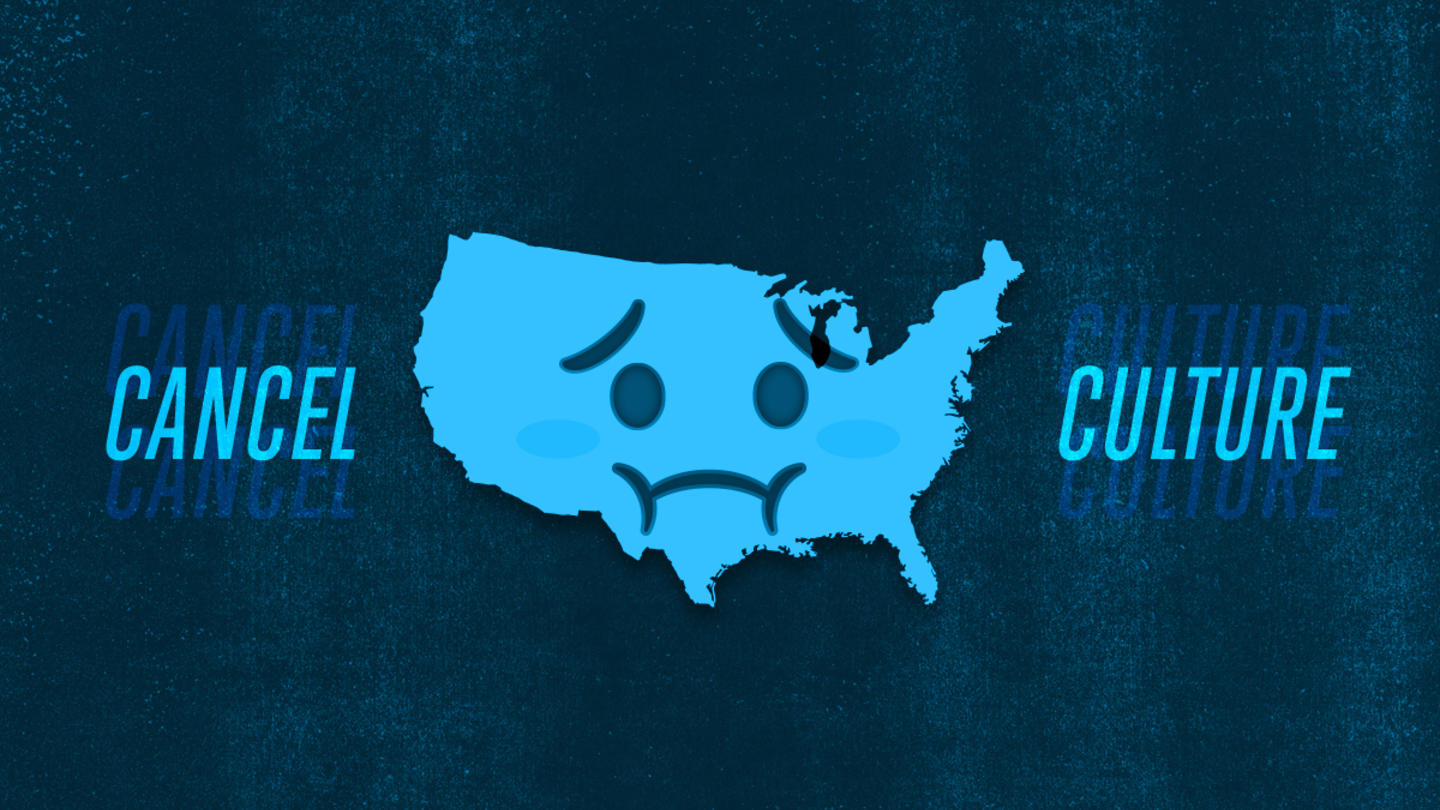
Greg Lukianoff and Rikki Schlott’s new book The Canceling of the American Mind dives into cancel culture’s origins and ways to fight it.
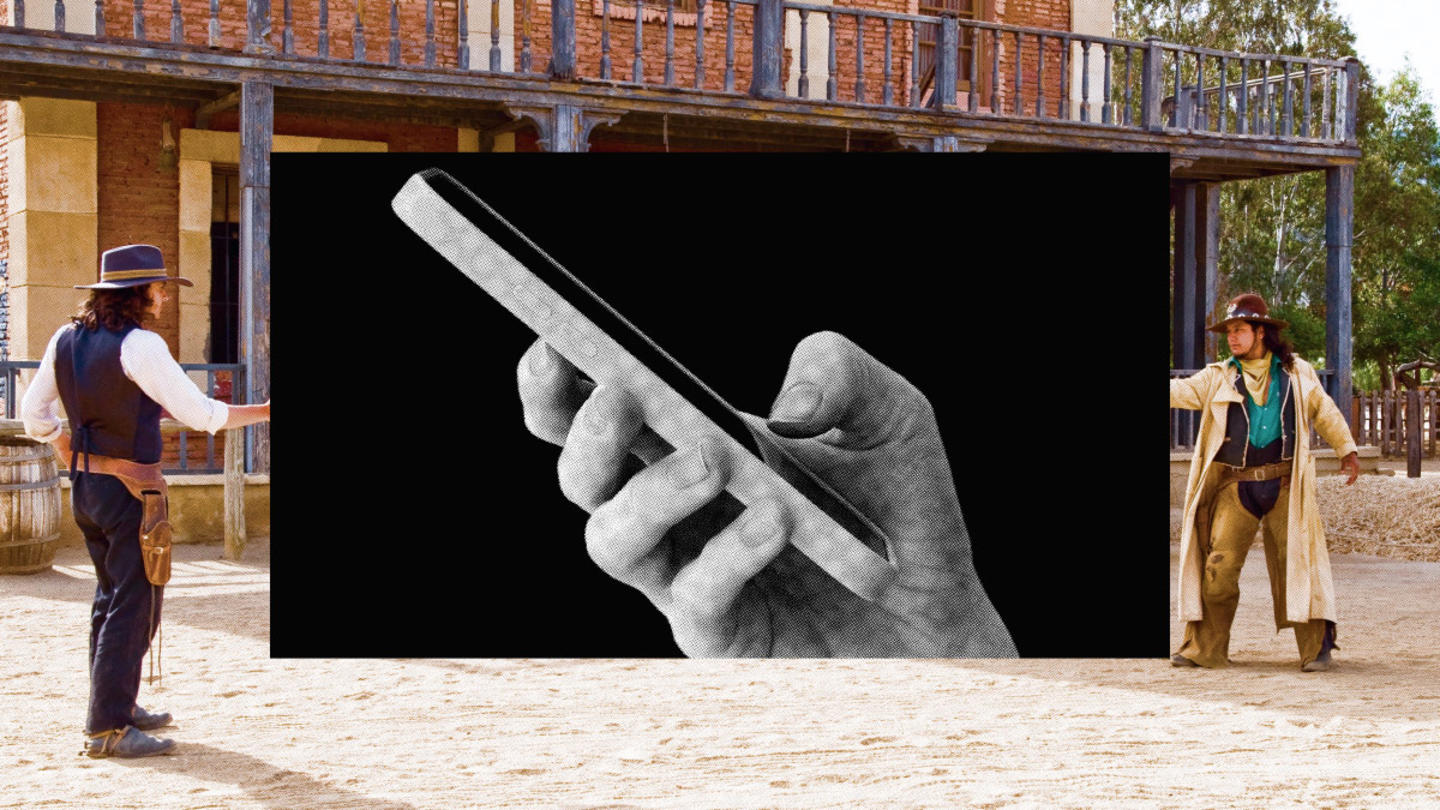
Protecting free speech online is vital. Free speech expert Jacob Mchangama shares how the U.S. can do that.
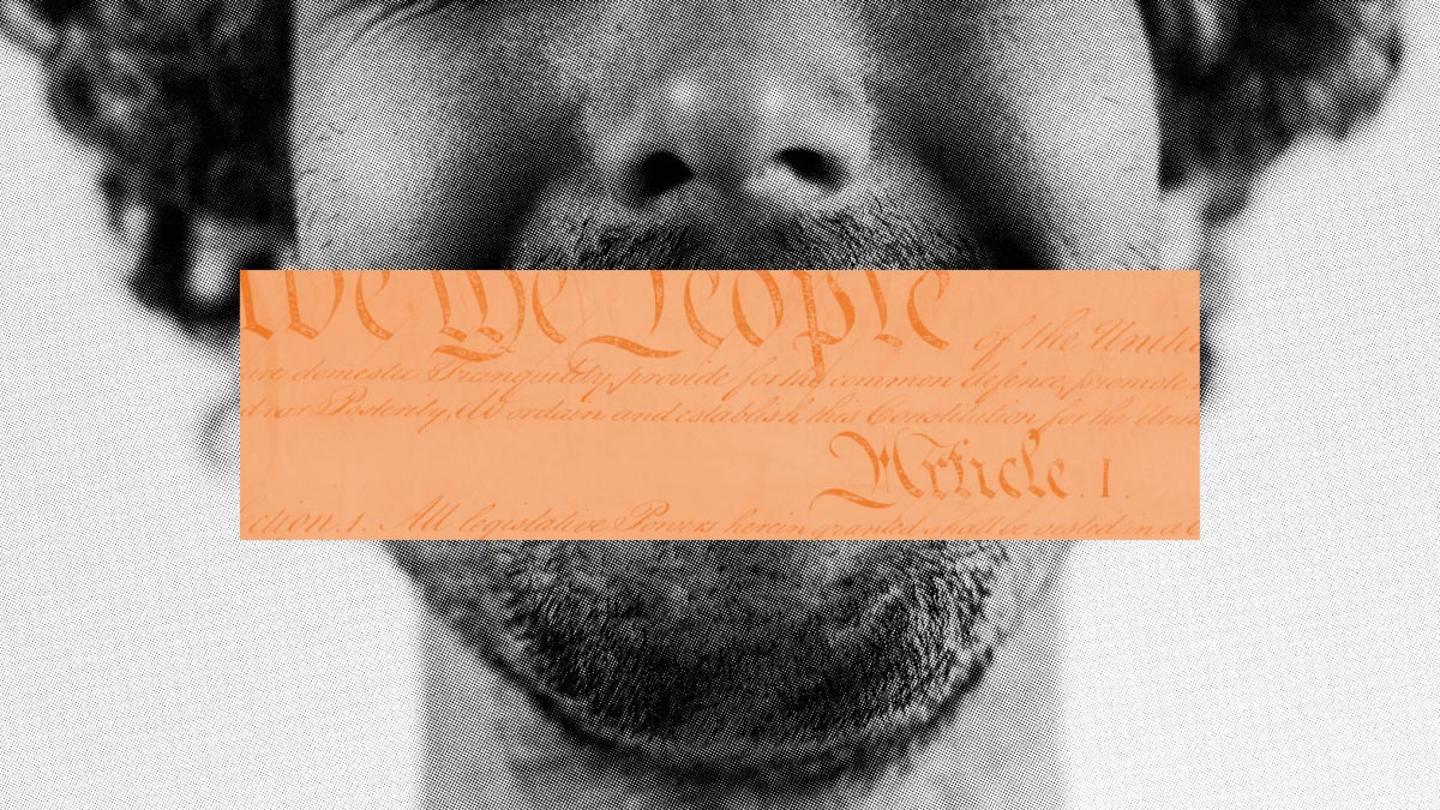
Free speech is under attack. These organizations are pushing back.
